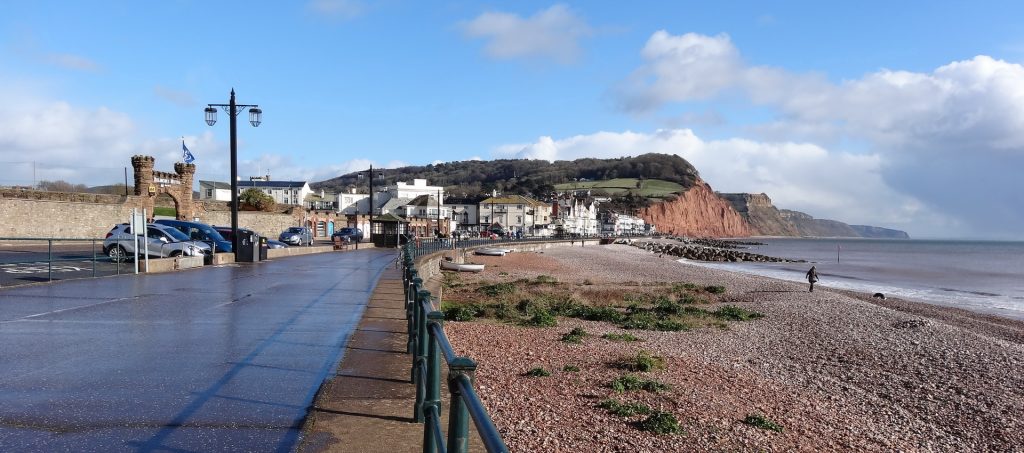The latest from the Devonshire Dialect Dictionary… and Sidmouthian dialect
.
The Devonshire Dialect Dictionary is quite a feast of oral heritage – and today on Twitter they suggested a very apt word from these parts:
Here are a couple of gems from John Germon’s A-Z of Devon Dialect on the BBC:
chris andrews expatriate sidmouthian
eesfay is …its fair, he’s right is….. she’ll be applesChris
Hi i lived in Sidmouth. How about wer be goin or wer be to? The first is self explanatory, the second means Where are you? A favourite in Sidmouth which has a story is “hellabout kennett” which means in effect we don’t believe you

More from Devon Live earlier in the year where they asked How Devonian are you? Take our dialect quiz and find out. And back in 2018, Honiton historian Tony Simpson wrote one last feature, about the language of Devon. To finish, though, here’s a not too patronising piece from the Lady’s Mile online magazine, showing grockles and other incomers how they can improve their Understanding The Devon Dialect Your Holiday
Devon has always had isolation from the rest of England. When the Anglo-Saxons invaded Britain, Devon was one of the last places to be reached. Even then, the Anglo-Saxons took their time raiding the Southwest, so their dialect did not catch on as quickly in Devon as it did in other areas of Britain. The slow invasion meant that the prominent Celtic dialect did not fade until well into the 19th century. As a result, Devon was one of the last places to use the Celtic dialect. This is why you can still hear many of the words and phrases used in Devon today.
…